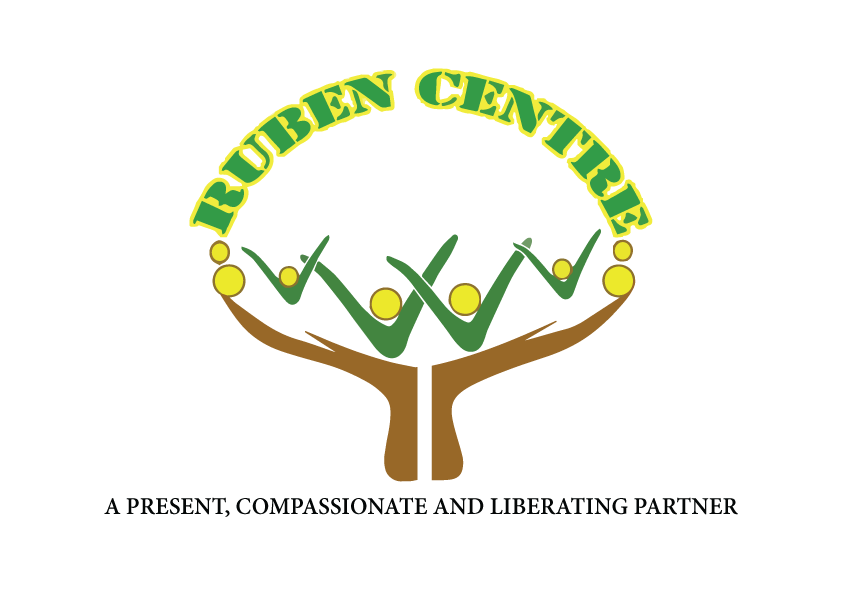Professor Wangari Maathai Urban Garden
Started by Br. Frank O’Shea, the urban garden in Ruben Centre was started to fill the gap in farming specifically in the urban set up. It is well known that in city there are two limiting factors when it comes to farming; water & space. The garden that was named after the first African woman to win a Nobel Peace Prize employs concepts that see to it the shortcomings mentioned earlier are met. The Director hoped to achieve similar environmental success as the heroine did during her time.
The garden has had national attention with the Ministry of Agriculture visiting and funding for training on some of the concepts. International success has also been granted with the Food and Agriculture Organization (FAO) of United Nations funding a project in northern Kenya, Turkana Country. The county is known for its adverse climate conditions and tribal hostility. This though was overlooked by Musa Juma who has been in the county for 2 six months projects with breaks since the year 2017. The people of Turkana have been welcoming not only to the people of Ruben Centre but also to the ideas they bring with them.
FAO has confirmed the project to be a success and there is a possibility in funding future projects/ working with Ruben Centre. The garden features animal keeping techniques intertwined with crop keeping methods. The animals at the Ruben Centre include ducks, hens, doves and rabbits (that have proved to be therapeutic for the kids from the Kurt Fearnley Special Needs Unit). Apart from using little space and water farming techniques, the garden bears knowledge on the 3 Rs of environmental conservation; reuse, reduce and recycle. Plastic containers collected around the center are widely reused in the garden for planting.
In conclusion, we would like to urge the Kenyan people to plant more trees and cut less as trees play a big role in environmental conservation. We would also like to urge more Kenyan to embrace agriculture as it has always been the backbone of our economy and country.
By Gregory Barake.

